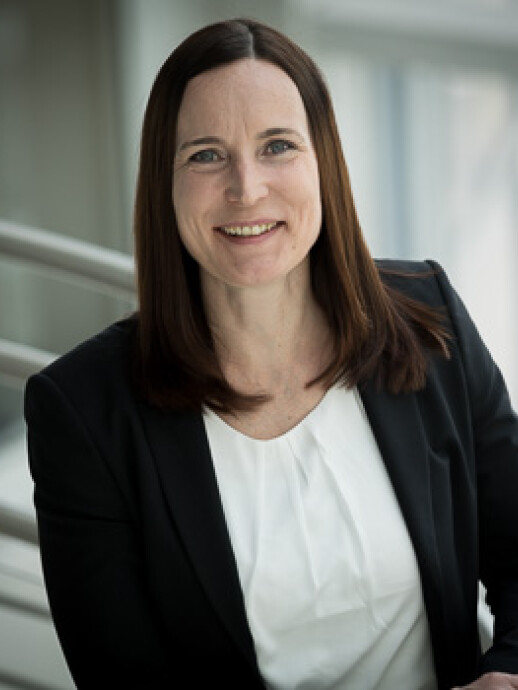
Riikka
Lund
Contact
Areas of expertise
Biography
Riikka Lund is a Reseach Director (10 %) at the Turku Bioscience Centre and works also as a Senior Scientist, Bioinformatics, at Orion. She completed her M.Sc. degree in 2001 with a major in genetics at the Department of Biology, Faculty of Mathematics and Natural Sciences, University of Turku, Finland. She carried out part of her studies at the Royal Melbourne institute of Technology, Australia. She gained her PhD in 2004 in Molecular Immunology and Medical Genetics at the Faculty of Medicine, University of Turku. She did her postdoc at the Centre for Stem Cell Biology, University of Sheffield in 2007-2008 with the focus on understanding genomic stability of pluripotent stem cells. In addition, to develop her expertise and update her skills in the latest technologies and research methods, she has carried out several short visits to national and international units (e.g. 2018 University of Southern Denmark; 2013 Broad Institute, USA; 2011 Diagenode, Belgium; 2009, 2006 University of Sheffied, UK; 2005 University of California, USA; 2002 Affymetrix, USA; 2001 Deutches Rheuma-Forschungszentrum, Germany). In 2013 she was awarded with the Millenium Distinct Technology Award for her contributions in stem cell research. In 2014 she become Adjunct Professor in Molecular Biology in the faculty of Medicine, University of Turku. In 2013-2022 she worked as the head of Finnish Functional Genomics Centre, a functional genomics core facility operating in Turku, Finland. In addition, she lead the Biomedical Epigenomics research group and was engaged in teaching. She has also been co-PI in the Biocenter Finland Genome-wide methods platform (https://www.biocenter.fi/index.php/technology-platform-services/genome-wide-methods), in 2016-2022 was a co-director of the Computational and Molecular Methodologies for Life Sciences (CompLifeSci) Biocity Turku Research Programme and has served in many other international expertise task, such as editorial board member of Scientific Reports journal.
Teaching
Research
Biomedical Epigenomics group run by Lund exploits the latest technologies and cutting-edge methods to study genome function during early human development, aging and in diseases. The aim of the research is to understand how genetic and environmental factors influence development and health status of an individual and to reveal the molecular mechanisms of disease development. Furthermore, the goal is to find novel type of disease marker candidates and targets for drug development. By providing novel innovative approaches enabling prediction, early diagnosis and efficient precision treatment of diseases the ultimate goal of this research is to promote lifelong health.